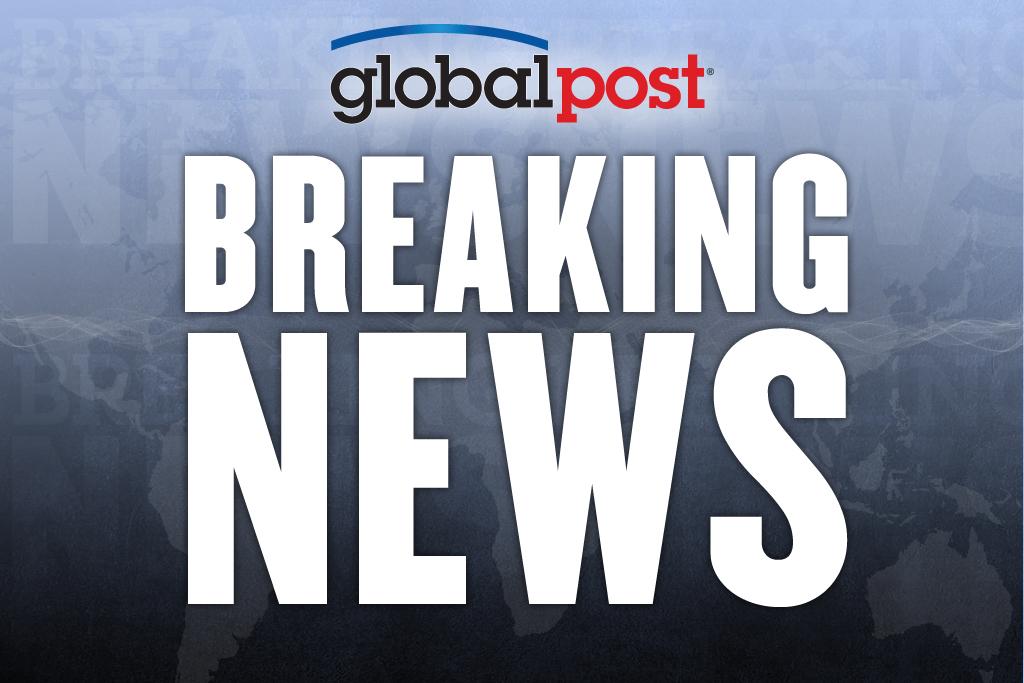With $76 billion in reserve, Apple now has more cash than the U.S. government
As the U.S. government attempts to reach a deal on raising the debt ceiling, the Treasury's operating cash balance dropped to $74 billion this week, less than the $76 billion that the tech company Apple had in cash as of June 25, when it released its most-recent financial results.
Apple is taking in more money than it lays out, CNN said.
At present, the U.S. is spending around $200 billion more than it takes in in revenue every month, BBC News reports. Meanwhile, Apple is raking it in. In the three months ended June 25, net income was $7.31 billion, an increase of 125% from a year earlier.
Not only has the world's highest-valued technology company surpassed the fiscal strength of the world's most powerful nation, but Apple is now the second-largest company on the planet, after Exxon Mobil, with a market capitalization of $363.25 billion, according to Financial Post. And earlier this week, shares of the company began trading above $400 a share on the Nasdaq Stock Market for the first time ever.
Yes, Apple is really on a roll.
Of course, in the comparison with the U.S. Treasury, the parallel isn't really exact; the Treasury number represents the amount of money the government has left before the debt limit is hit, and that can be changed by Congress (or maybe not — witness the drama occurring right at this moment as Congress slugs it out over the debt ceiling). On the other, hand, Apple’s cash reserve represents the cash the company has available on its balance sheet, the Financial Post said.
So, the U.S. government can actually print more money, if it gives itself permission to do that, Forbes said. Apple can’t do the same.
Furthermore, Apple may not be as liquid as it looks on paper. The company makes the bulk of its sales outside of the U.S., and it can't move that cash, generated overseas, back to the U.S. without paying a hefty tax bill.
So, what's Apple going to do with all that money, you might wonder. Well, according to BBC News, Apple's not telling, but there's a lot of speculation that the company might be on the prowl, and wants to be ready to make strategic acquisitions and secure technology patents.
Daniel Ashdown, an analyst at Juniper Research, said that the bookstore Barnes & Noble or the online movie service Netflix might be possible targets. Apple might even want to add to its devices, something like voice recognition, for example.
But Apple's reasons for keeping a giant pile of cash around might, ironically, have something to do with uncertainty about the stability of the U.S.'s finances, the Los Angeles Times reported:
"One of the reasons U.S. companies have amassed so much cash is that it provides them financial flexibility in times of heightened uncertainty," said Laurie Simon Hodrick, a professor of business economics at Columbia University's business school. "It might seem ironic, but as the risk of a government default grows, bringing with it the specter of higher interest rates, the incentives for firms to finance with internally generated cash grows as well."
Every day, reporters and producers at The World are hard at work bringing you human-centered news from across the globe. But we can’t do it without you. We need your support to ensure we can continue this work for another year.
Make a gift today, and you’ll help us unlock a matching gift of $67,000!
